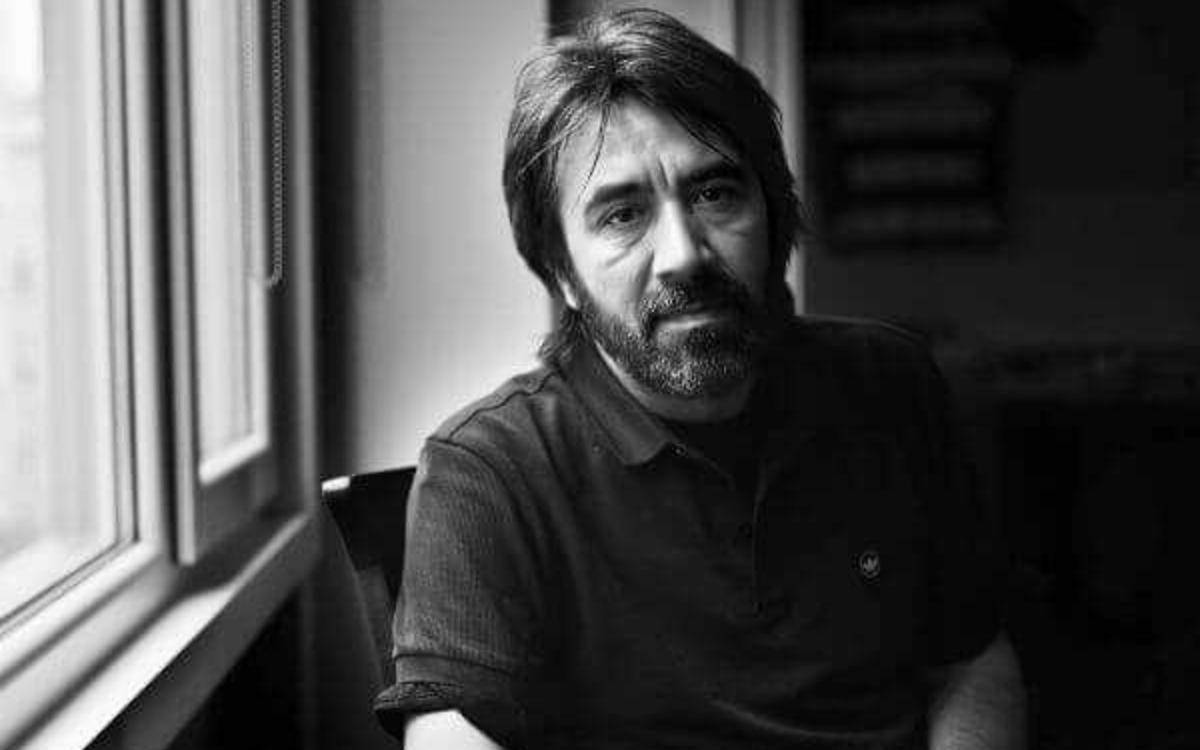Esteemed filmmaker Zeki Demirkubuz found himself at the center of a social media storm after engaging in a social media spat with a pro-government journalist, who questioned the director's "sensitivity towards Gaza."
İsmail Kılıçarslan, a columnist for daily Yeni Şafak, accused Demirkubuz of neflecting to sufficiently address the Palestinian cause during a live TVNET broadcast, prompting a call to boycott the director's upcoming film "Hayat," scheduled for release on December 15.
He asserted, "Zeki Demirkubuz, sensitive to anything in the world, yet refrains from uttering a half-sentence about the tragic deaths of infants in Gaza to his audience, compels us to take action: we should boycott his new film premiering on December 15. For my young intellectual friends claiming they can't resist watching Zeki Demirkubuz's film, wait for the pirate version. Don't let Zeki Demirkubuz pocket your money."
Following Demirkubuz's sharp retort on X (Twitter), which included the f-word, Kılıçarslan announced on social media his intention to initiate legal proceedings.
The fiery exchange between Zeki Demirkubuz and İsmail Kılıçarslan has ignited a discussion on social media. While some rallied behind Demirkubuz, others criticized his association with the pro-Kurdish People's Democratic Party (HDP) during the 2015 general elections.
Anti-Israel boycotts in Turkey
The war ensued between Palestinian groups and Israel following the October 7 attacks sparked a wave of anti-Israel protests and boycotts in Turkey.
The boycotts organized by pro-government groups targeted various brands and products that are perceived to be linked to Israel or supportive of its actions, such as Starbucks, Coca-Cola, and McDonald’s. These companies denied having any ties to the Israeli government.
However, despite the boycotts and the rhetoric, Turkey has not cut off its diplomatic or economic ties with Israel, which are worth billions of dollars annually. These include Turkey’s facilitation of ISrael’s natural gas and oil imports from Azerbaijan through the Baku-Tbilisi-Ceyhan and South Caucasus pipelines. (TY/VK)






